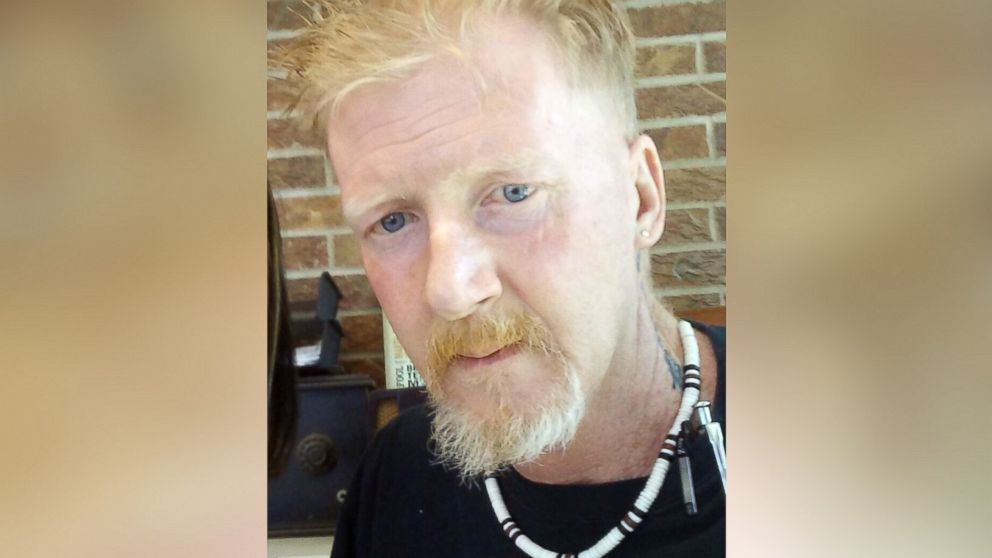Colorado Springs Will Re-Pay Those Sent to Debtor's Prison in Landmark Settlement
The city will not only end the practice but also compensate those affected.

— -- The City of Colorado Springs, which has sentenced hundreds of poor people to debtors prison, has agreed to not only end the unconstitutional practice of converting court fines to jail time, but to also to pay back those who were wrongfully jailed.
The American Civil Liberties Union of Colorado announced the settlement in a statement today.
"The City of Colorado Springs has agreed, as part of a $103,000 settlement with the ACLU of Colorado, to stop converting impoverished defendants’ fines into jail time, to stop sentencing defendants to jail for non-jailable offenses, and to compensate dozens of individuals whose court fines were illegally converted to jail time when they could not afford to pay," the ACLU said in its statement.
Imprisoning people because they are poor and cannot afford to pay court fines violates both federal and state laws against debtors prisons in Colorado.
"We discovered what was going on and wrote the city a letter in October saying you need to stop this practice," Mark Silverstein, the legal director of ACLU of Colorado, told ABC News today, "and you need to set up a fund to pay these people back."
The city has agreed to compensation terms of $125 a day for each day wrongfully imprisoned, and 66 people are eligible to receive compensation, Silverstein said, explaining that many of these people can be hard to track down because they may be homeless, so they are working on how to get their money to them.
"The defendants were usually visibly poor or homeless," Silverstein said, noting that offenses they were picked up for included jaywalking, staying in a park after curfew, open containers of alcohol, and other non-jailable offenses. "They were fined, then these fines were converted to jail time."
Shawn Hardman, an ACLU client, will receive more than $11,000 as part of this settlement.
"I was told over and over that I either had to pay or go back to jail. Without a home or a job, the cycle kept repeating," Hardman said in a statement.
"I am thankful for this settlement, because it will help me keep a roof over my head, something I have wanted for a long time. Even more, I am proud that the settlement will protect other people living on the streets in Colorado Springs from going through what I went through -- being jailed just because I was poor," he said.
Colorado Springs Mayor John Suthers said he was "pleased with the process" of collaborating with the ACLU.
“While we admittedly found some areas that required correction, I am pleased to report that our Municipal Court, City attorneys and Councilmembers worked expeditiously to correct the situation upon learning of the non-compliance," Suthers said in a statement today. "Overall, this process has been collaborative and productive and ultimately will result in improvements to our court and enforcement processes.”



